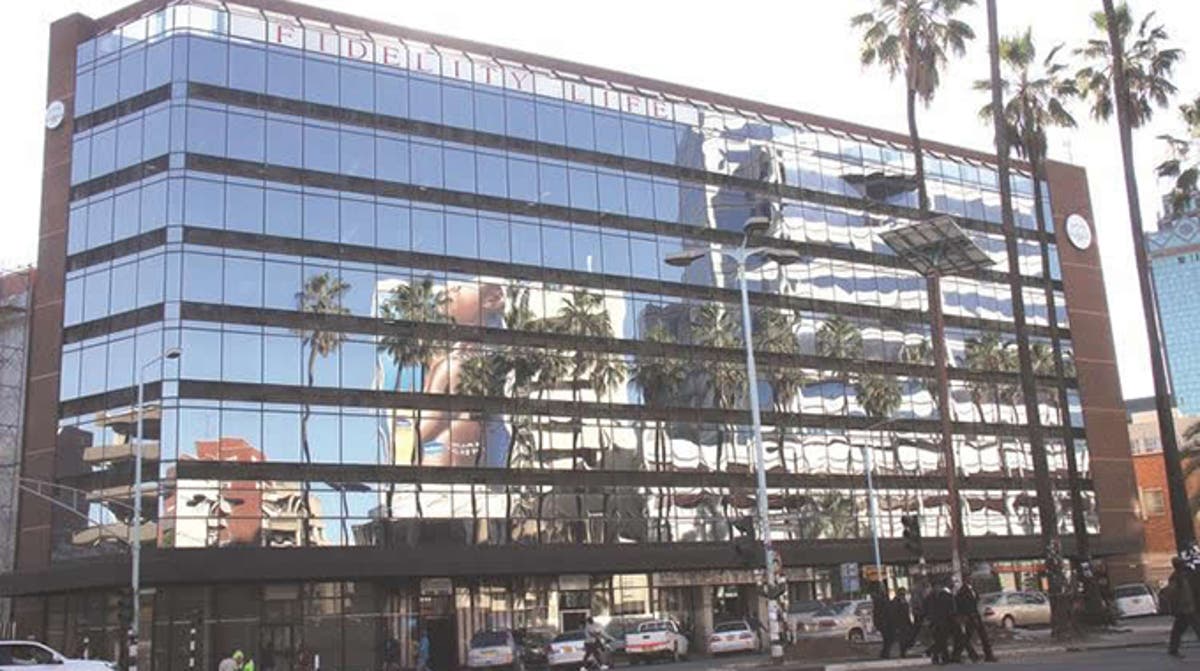FLAM outlines strategies for growth despite Challenges
Fidelity Life Asset Management (FLAM) believes the recent lifting of sanctions will benefit the country in the long term. They recommend a diversified investment approach that includes various asset classes to capitalize on the evolving market dynamics.
The firm, in its economic insights for February 2024, said investing in real assets, such as real estate and infrastructure, offers tangible assets that can withstand economic uncertainties and provide stable returns over the long term.
“Similarly, growth compounder stocks in sectors demonstrating resilience and potential for expansion present opportunities for sustained growth despite prevailing challenges,” reads the report.
FLAM said in the short term, allocating funds to USD money market investments can serve as a prudent strategy, offering competitive returns and liquidity amidst immediate economic uncertainties.
“However, for investors with a longer investment horizon, exploring the alternative investment space, including REITs, private equity, and venture capital, can be rewarding,” it said.
It added that these alternative investments often exhibit a lower correlation with traditional asset classes, potentially enhancing portfolio diversification and offering the prospect of higher returns.
“Overall, diversifying portfolios with a mix of growth-oriented assets and alternative investments enables investors to optimise returns while managing risks effectively in the dynamic market environment of 2024.
“By carefully balancing short-term stability with long-term growth potential, investors can navigate the evolving economic landscape with confidence and resilience,” FLAM said.
The asset management firm said for financial markets, particularly banks, the closure of corresponding banking relationships over the past decade and a half had severely constrained access to credit lines.
It said the termination of sanctions is expected to facilitate the establishment of new relationships and credit lines, thereby enhancing liquidity and stimulating economic activity.
“With reduced restrictions, foreign direct investment is poised to improve, injecting much-needed capital into the Zimbabwean economy,” said FLAM.
In the economic outlook, the firm said elevated inflation rates, coupled with substantial external and public debt burdens, and drought underscore the challenges ahead.
Additionally, the local currency’s depreciation and the looming threat of climate-related disasters further exacerbate the economic landscape.
“With government spending likely diverted towards mitigating the potential adverse outcomes of climate-related disasters, the economy faces significant headwinds.Consequently, growth is forecast to decelerate to 3.5 percent in 2024, primarily attributed to depressed commodity output and prices, exacerbated by low agricultural yields resulting from El Niño-induced drought.
“Furthermore, reduced rainfall is anticipated to hamper electricity production, further dampening overall production levels.
“Amidst these challenges, prudent economic management and strategic interventions will be imperative to navigate through the uncertain terrain and unlock potential opportunities for sustainable growth,” reads the report.-ebusinessweekly











